5-7%
CAGR
8Mn Tons p.a.
Production
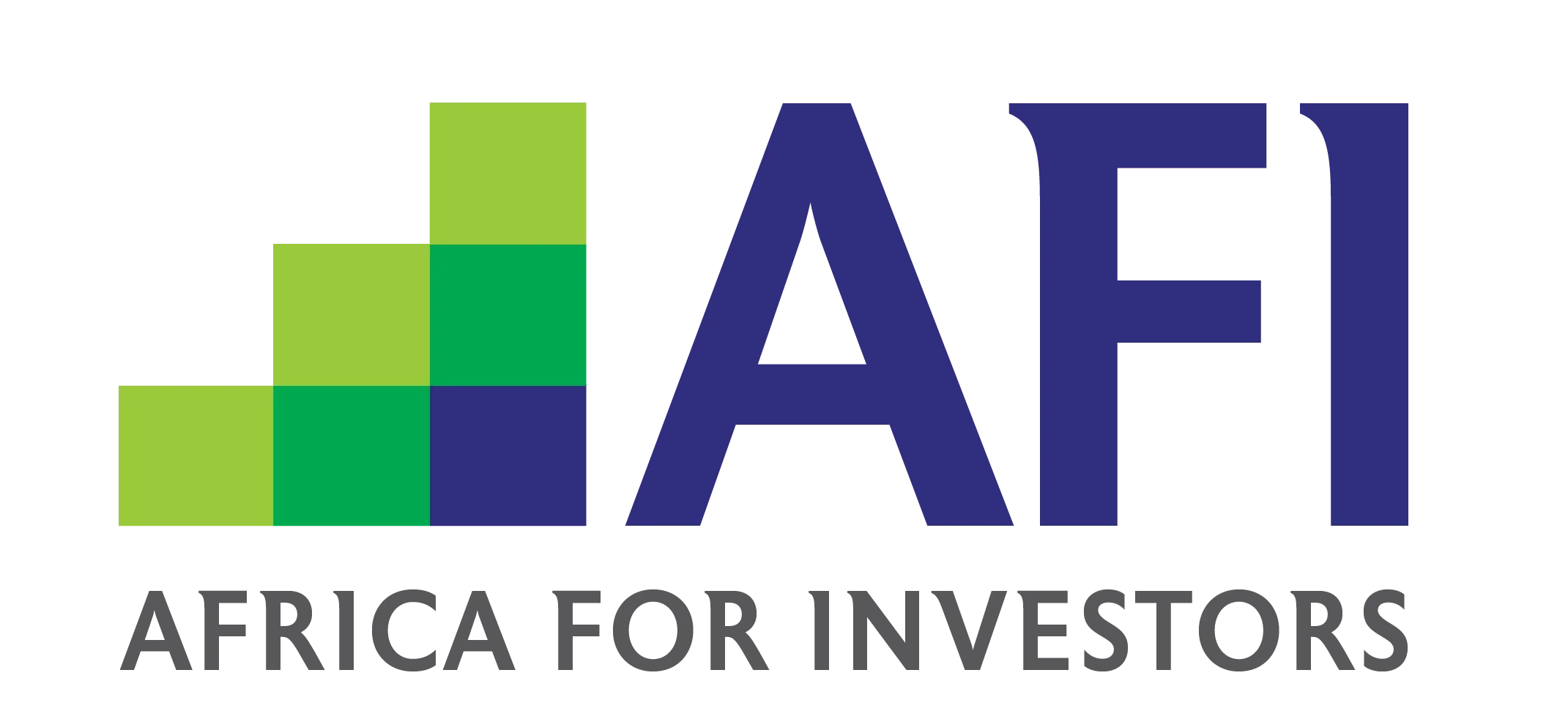
*Note: Name, Email and Phone Number are mandatory.


Kinshasa, the bustling capital city with a burgeoning population of 20 million, is a hub of untapped potential in terms of recyclable waste management. This presents an enticing avenue for eco-conscious investment, poised to harness the city’s substantial generation of recyclable materials for sustainable development.
Kinshasa, the bustling capital city with a burgeoning population of 20 million, is a hub of untapped potential in terms of recyclable waste management. This presents an enticing avenue for eco-conscious investment, poised to harness the city’s substantial generation of recyclable materials for sustainable development.
5-7%
CAGR
8Mn Tons p.a.
Production
Kinshasa, the bustling capital city with a burgeoning population of 20 million, is a hub of untapped potential in terms of recyclable waste management. This presents an enticing avenue for eco-conscious investment, poised to harness the city’s substantial generation of recyclable materials for sustainable development. At large, the DRC produces over 8 million tons of waste annually, with an estimated 60-70% of this waste being recyclable. However, only a small fraction of this waste is currently being recycled, leaving a vast opportunity for businesses to enter the market. The waste streams in the DRC primarily consist of organic waste (about 50%), followed by plastics, metals, paper, and textiles.
Plastic recycling presents a compelling investment opportunity in the Democratic Republic of Congo (DRC), where plastic waste constitutes approximately 12% of the total waste generated. With growing global concerns over plastic pollution and increasing demand for recycled plastics, establishing recycling facilities in the DRC offers a lucrative business case. The global market for recycled plastics is expected to grow at a 6.9% CAGR, highlighting the potential for substantial returns for investors in this sector. Similarly, e-waste recycling is another promising area, given the DRC's position as one of the largest producers of cobalt, a crucial component in electronic devices. E-waste recycling is particularly profitable as it involves recovering valuable metals like gold, silver, and palladium, further enhancing the business appeal.
Additionally, organic waste management holds significant potential in the DRC, where over half of the waste generated is organic. Converting this waste into compost or biogas addresses critical waste management challenges while simultaneously boosting agricultural productivity and meeting the country's energy needs. The DRC government is increasingly supportive of sustainable waste management, offering tax incentives for companies investing in recycling technologies and infrastructure. This, coupled with international support through grants and technical assistance, makes the DRC a highly attractive destination for investors looking to capitalize on the untapped potential of its waste recycling sector. The current recycling rate is below 5%, but the waste management market in Sub-Saharan Africa, including the DRC, is projected to grow at a 5-7% CAGR over the next decade, underscoring the significant growth opportunities available.
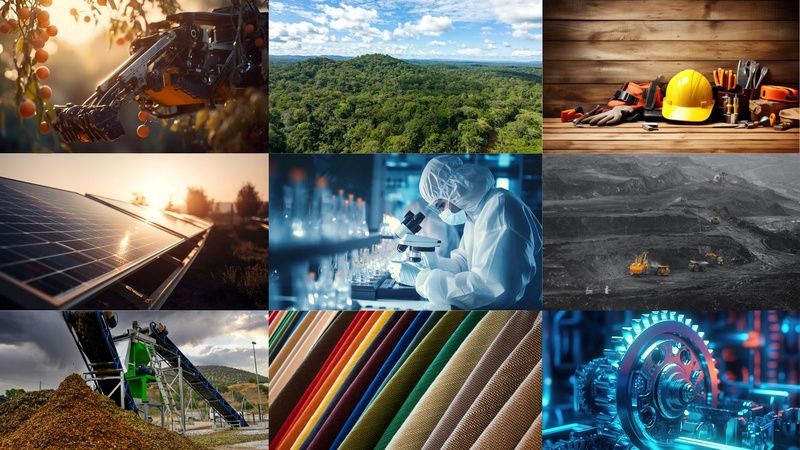
June 21, 2024
Top 18 Investment Sectors in Africa With Unprecedented Business Growth Potential
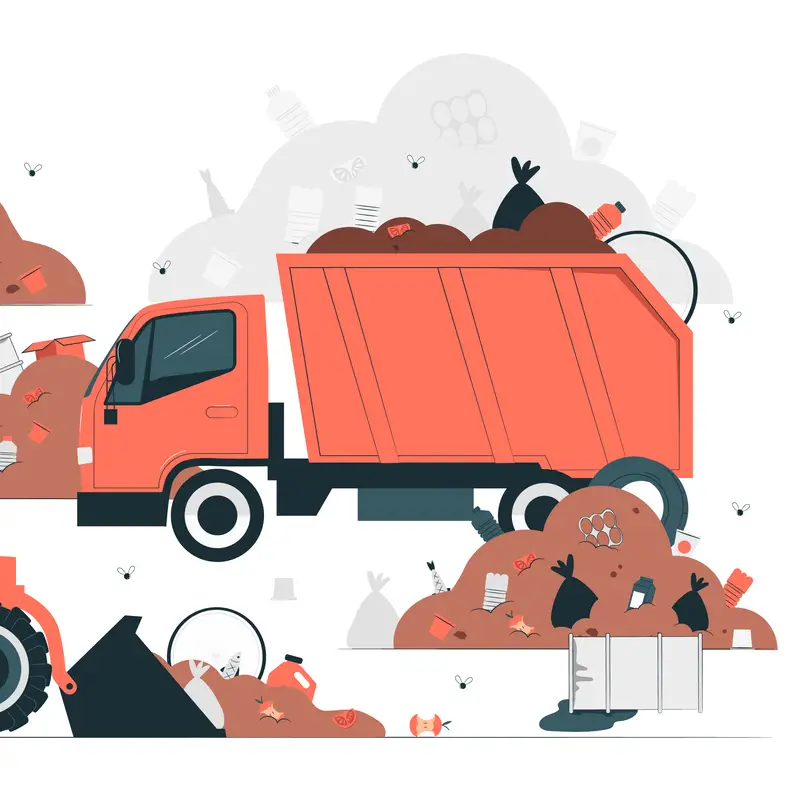
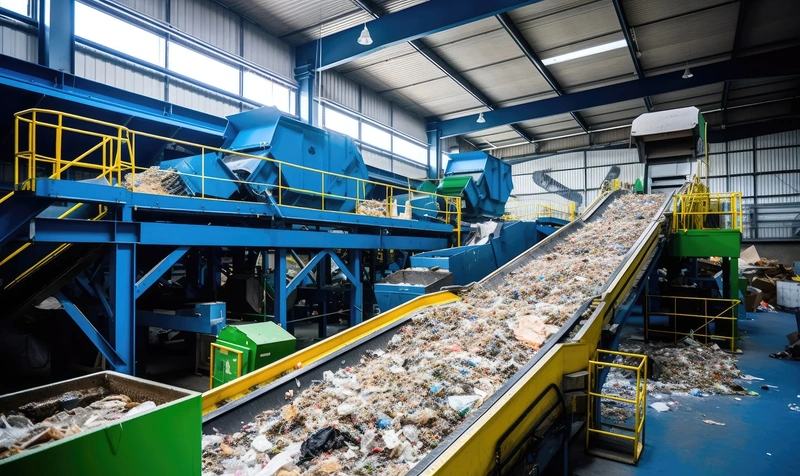
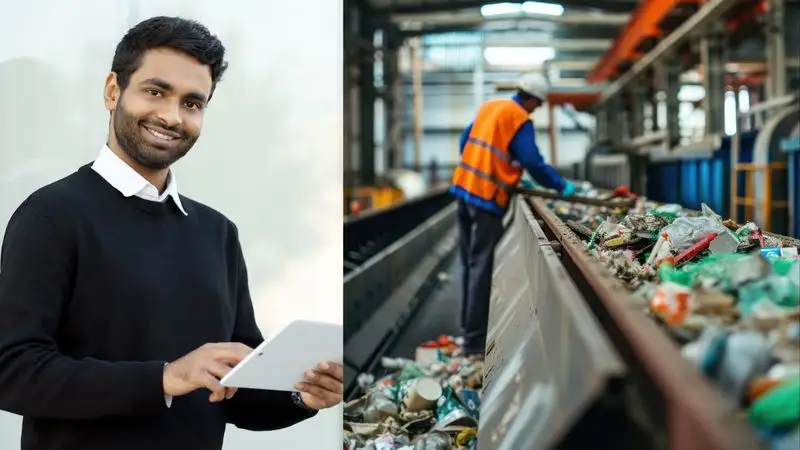
Jan. 23, 2025
Why Indian Investors Should Explore Waste Recycling Investment in Africa’s Booming Market?
How profitable is the waste recycling business in the DRC?
The waste recycling business in the DRC offers significant profit potential due to the large volume of recyclable waste and the growing demand for recycled materials both locally and internationally. With recycling rates currently below 5%, the market is largely untapped, presenting investors with the opportunity to capitalize on low competition and high demand. Key segments like plastic recycling and e-waste recovery, particularly valuable metals, can yield high returns on investment.
What are the core market segments in the waste recycling industry in the DRC?
The core market segments include:
What benefits do DRC’s industrial zones provide to waste recycling business investors?
The DRC’s industrial zones, such as the Central Industrial Park (CIP) managed by ARISE IIP, offer numerous benefits to investors. These zones provide a well-managed ecosystem where businesses can benefit from integrated support services and infrastructure. Key advantages include:
What is the regulatory environment like for waste recycling businesses in the DRC?
The DRC government is increasingly supportive of waste recycling initiatives and is developing a more robust regulatory framework to promote sustainability. Regulations are being aligned with international standards, and there are efforts to streamline the approval processes for new businesses. This regulatory environment is expected to become more favorable as the government recognizes the economic and environmental benefits of waste recycling.
What are the expected returns for investors in the waste recycling sector in the DRC?
Investors can expect substantial returns, especially in high-demand segments like plastic recycling and e-waste management. With the recycling market projected to grow at a 5-7% CAGR in Sub-Saharan Africa over the next decade, returns on investment in the DRC could range from 15% to 25%, depending on the specific segment and operational efficiency.
What are the export opportunities for recycled materials from the DRC?
The DRC has strong potential for exporting recycled materials, particularly metals and plastics, to international markets. The global demand for recycled plastics and metals is growing, and the DRC’s proximity to major export routes makes it well-positioned to tap into this market. Additionally, the DRC’s status as a major producer of raw materials like cobalt enhances its competitiveness in the global recycling market.
What infrastructure is available for waste recycling businesses in the DRC’s industrial zones?
The industrial zones in the DRC, such as CIP, offer state-of-the-art infrastructure tailored to the needs of recycling businesses. This includes access to modern abattoirs, waste collection services, and facilities designed to handle and process various types of waste. The zones also provide reliable power, water, and transportation networks that are crucial for efficient operations.
How does the DRC’s growing urban population impact the waste recycling business?
The rapid urbanization in the DRC, particularly in cities like Kinshasa, is leading to increased waste generation. This growing waste output, combined with a low current recycling rate, creates a significant opportunity for recycling businesses to meet the rising demand for waste management solutions.

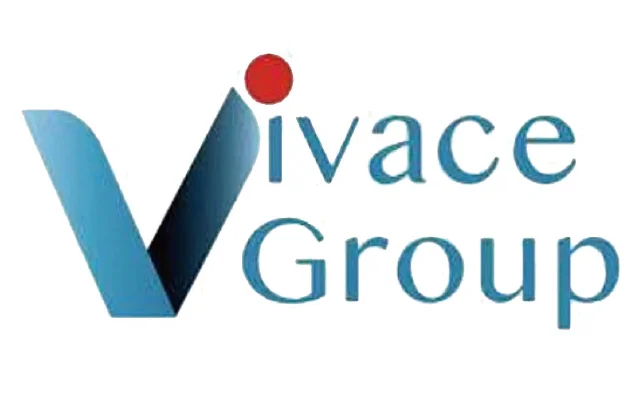
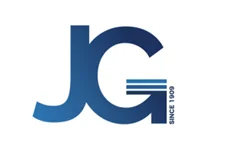
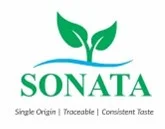


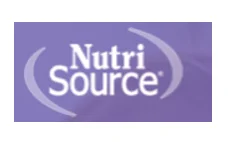
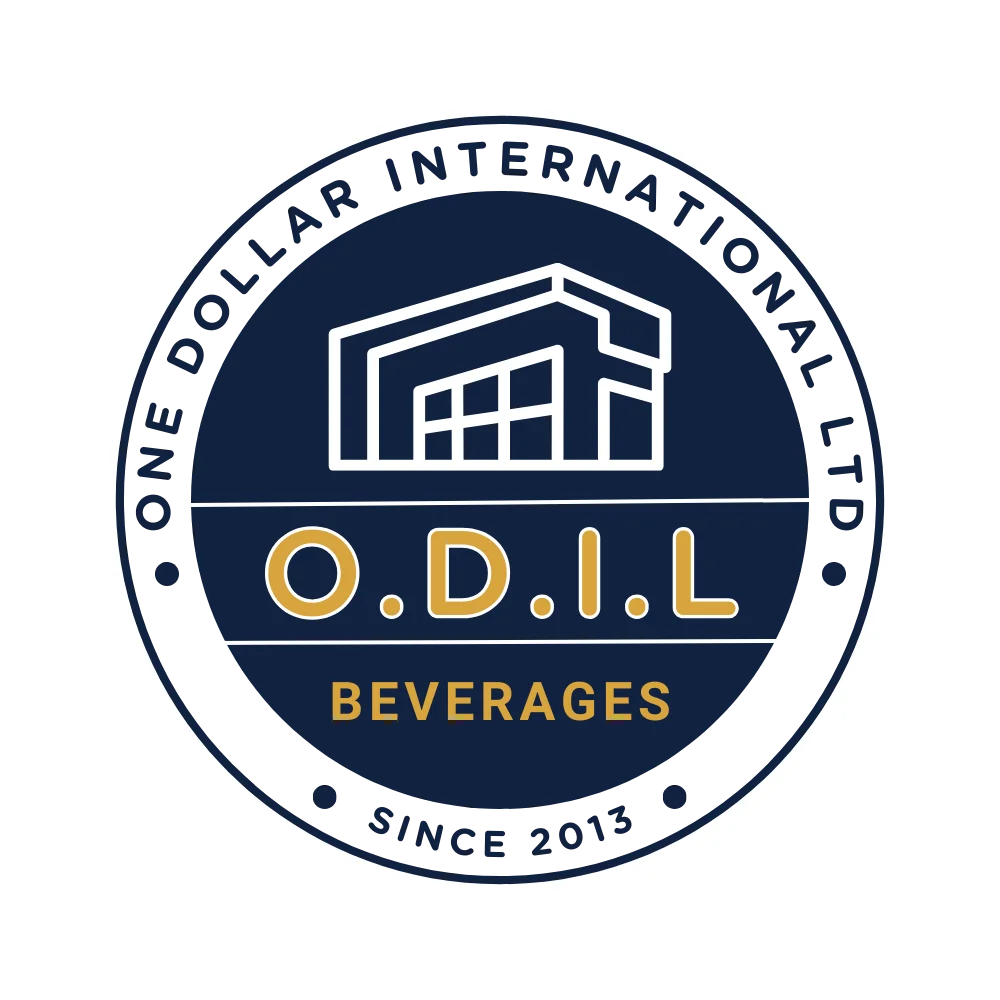
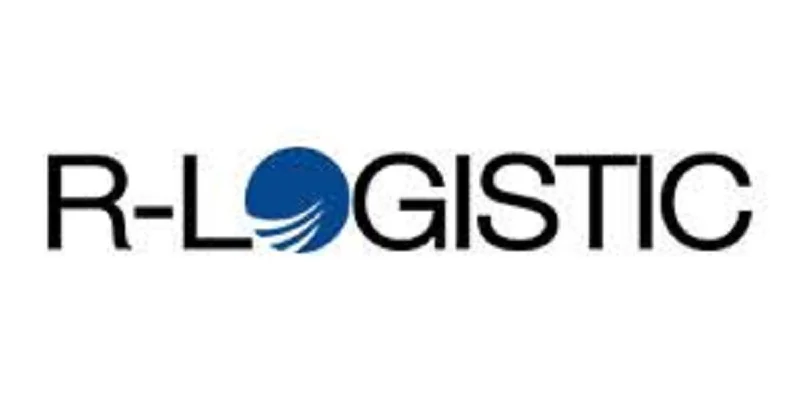




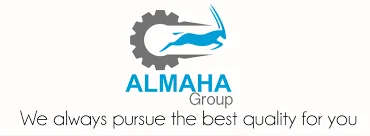

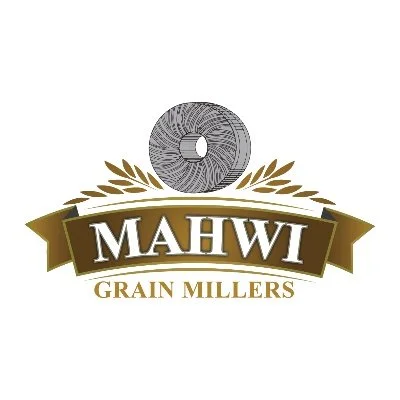

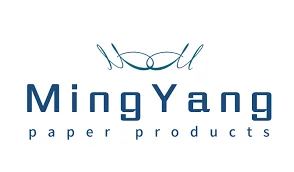
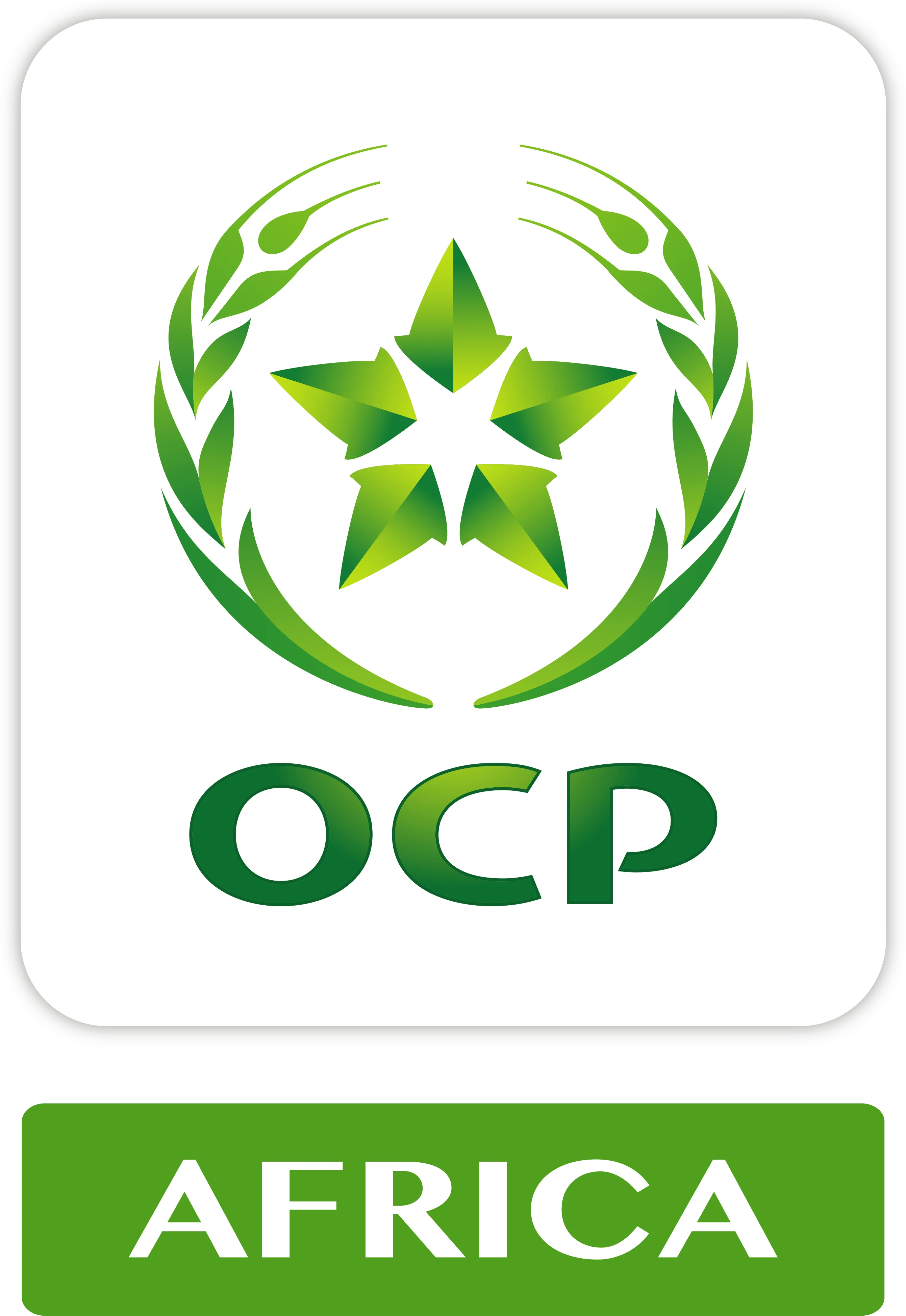
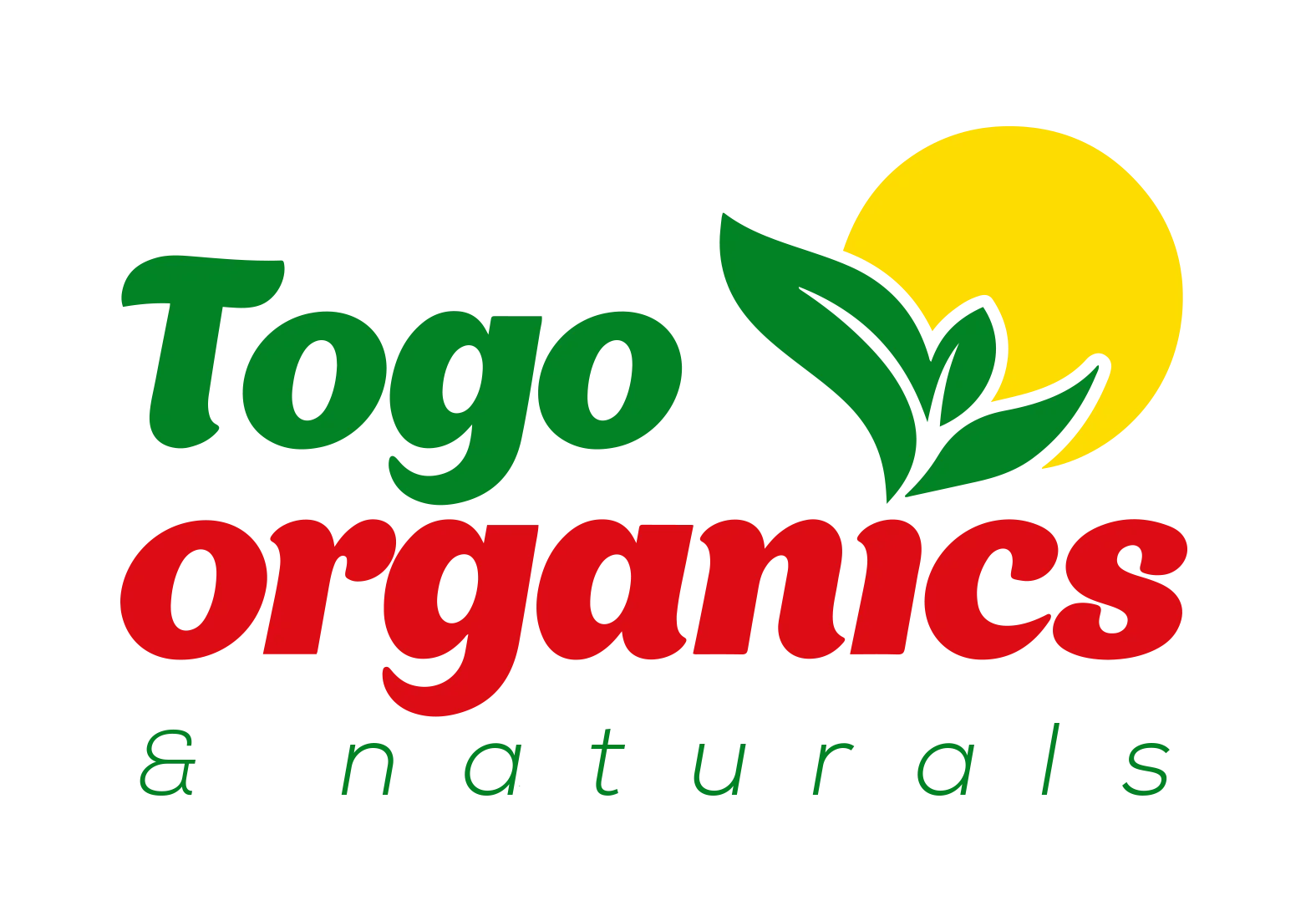
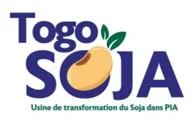
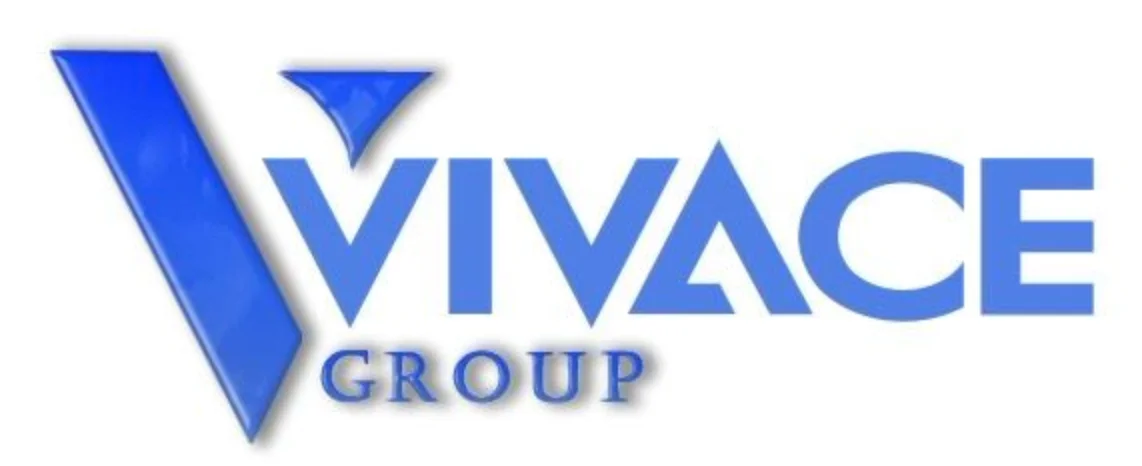


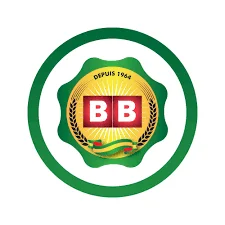
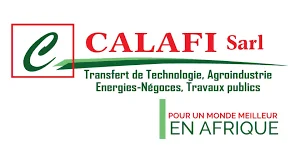
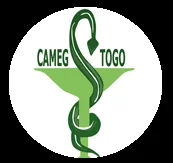
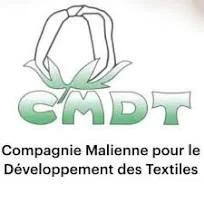


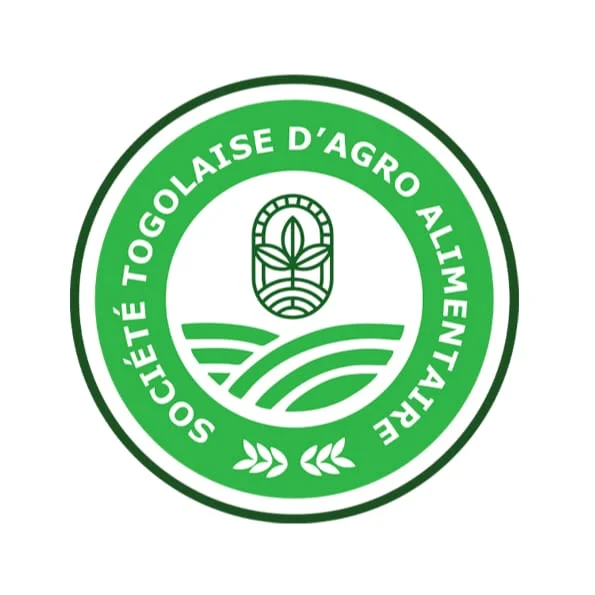
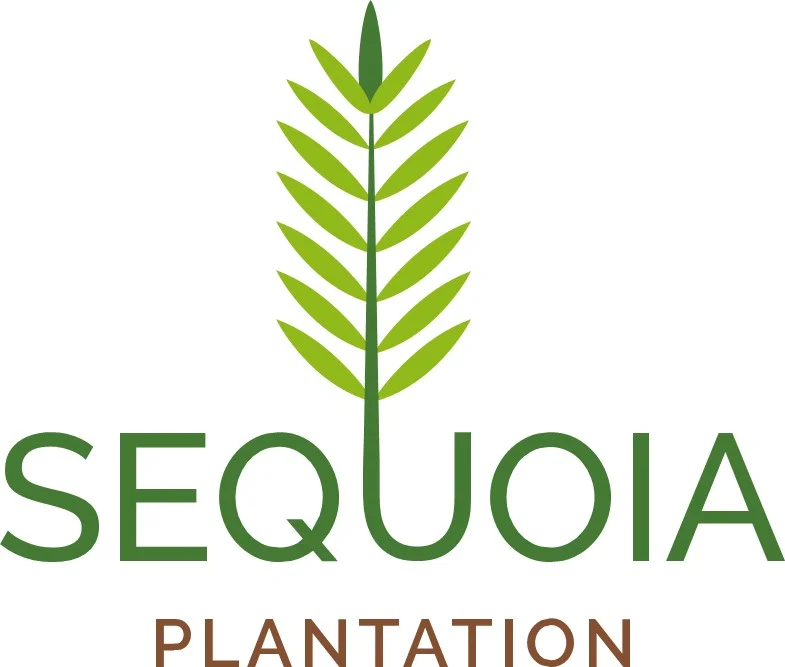

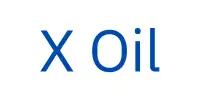

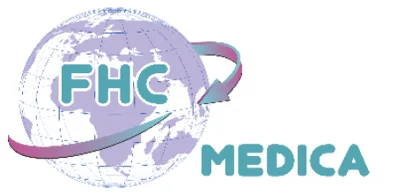






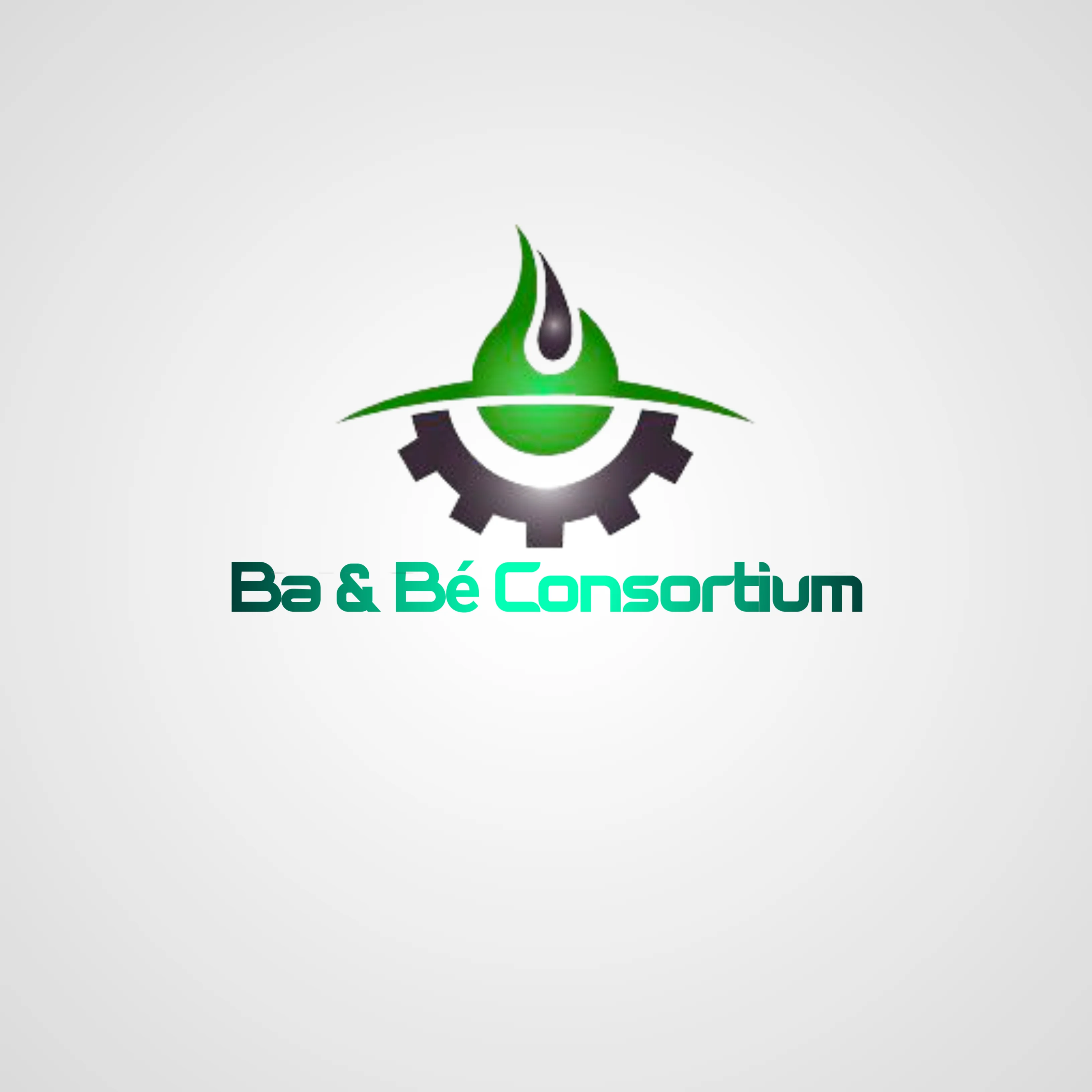
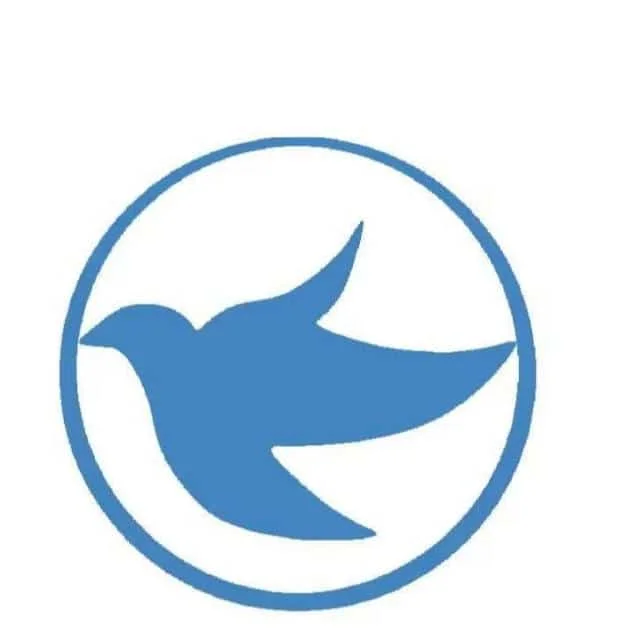

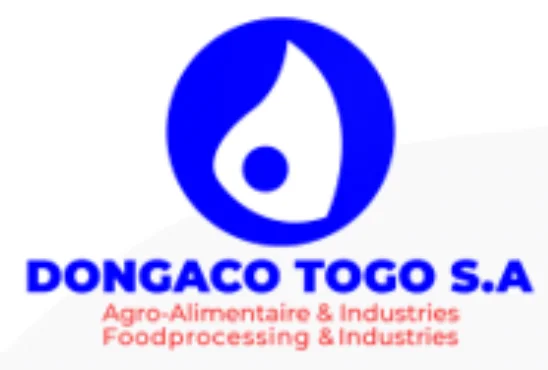
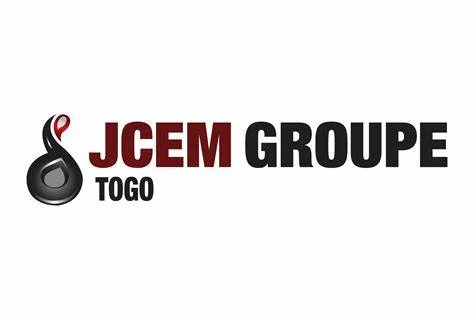
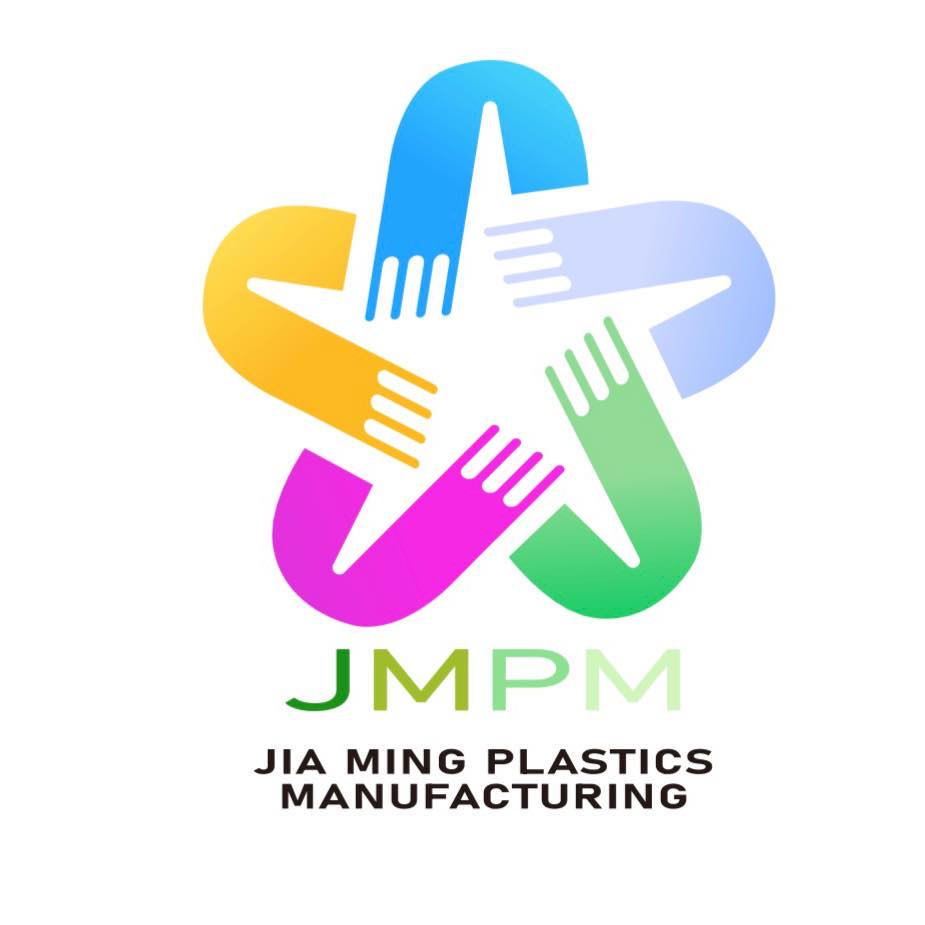
Compare
Dear investor, please compare similar category items- either Locations or Opportunities.
*Already subscribed.
*Enter your name/email.

Sign up for exclusive investment alerts.
Already subscribed? Skip
Thank You For Subscribing to
Africa For Investors.

You will be redirected to AFI’s Linkedin Profile in 10 seconds.
Stay On AFI Website